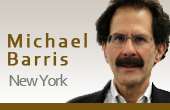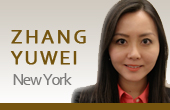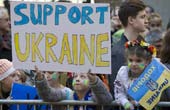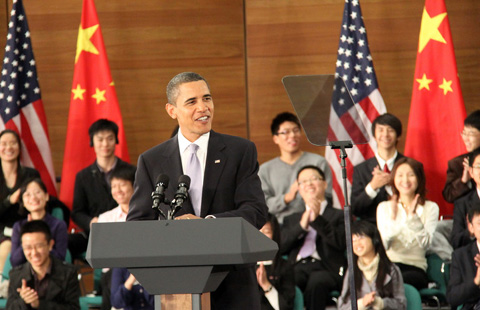US president's missing message in Japan
By Chen Weihua (China Daily) Updated: 2014-04-25 07:12
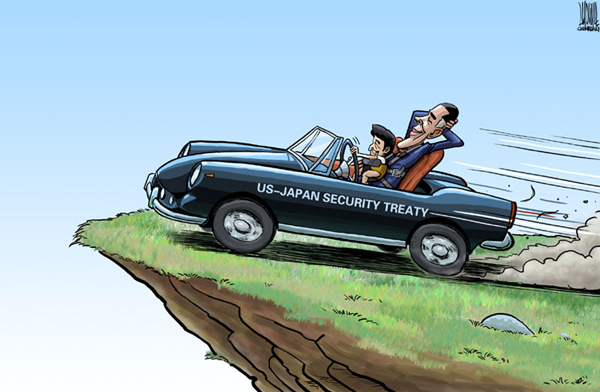 |
| US-Japan security treaty |
During his three-day visit to Japan from April 23 to 25, US President Barack Obama seems to be focusing on the US-Japan security alliance, the Trans-Pacific Partnership negotiations and the trilateral cooperation with Japan and South Korea. What has been missing is him raising a voice of concern over Japanese Prime Minister Shinzo Abe's views on World War II history.
Washington expressed its disappointment over Abe's visit to the Yasukuni Shrine on December 26, describing the action as "exacerbating tensions with Japan's neighbors". And US media, such as The Washington Post and The New York Times, have also repeatedly blasted Abe's historical views.
The Yasukuni Shrine honors 14 Class-A war criminals from WWII and has long been regarded as a symbol of Japanese militarism, which inflicted huge suffering on countries such as China, the Republic of Korea and the Democratic People's Republic of Korea, the Philippines and several other Asian nations.
To many in these countries, Abe's homage to the shrine is like German government leaders visiting a memorial to Adolf Hitler and denying the Holocaust, which, of course, they have never done.
Obama's arrival in Japan came just a day after a Japanese cabinet minister and some 150 lawmakers visited the shrine and two days after Abe made an offering to the shrine.
Whether Obama will publicly voice his concern and objection to such acts during his first trip to Japan as US president, or instead remain silent in order to better advance his other agenda with Japan, such as the Trans-Pacific Partnership talks and the US-Japan security alliance, is being closely watched.
Staying silent is something that Obama should not do because it is a matter of right and wrong, justice and injustice.
The US fought alongside the Chinese against Japanese fascists during WWII, so condoning a whitewash of Japan's war atrocities would be a humiliation to those Chinese and Americans who sacrificed their lives.
Obama's failure to raise the issue will also further anger South Korea, which is also at odds with Japan over historical issues. President Park Geun-hye has repeatedly warned Japan to stop denying the past. The huge setback in relations between Japan and South Korea caused by the row over Japan's denial of historical truths has weakened the so-called US-Japan-South Korea trilateral alliance, which some South Korean foreign policy experts now believe is non-existent.
Denying history has also been fueling the tensions over the Diaoyu Islands in the East China Sea. The Japanese government has continued to deny that there is a dispute over the sovereignty of the maritime territory. It has certainly changed the status quo there by nationalizing the islands in late 2012, something that the US failed to condemn.
Obama should know that Abe's right-wing historical views are not just reflected in his tribute to the Yasukuni Shrine, he has also questioned whether Japan's military invasions should be defined as aggression and whether the "comfort women" - women used as sex slaves by the Imperial Japanese Army - were coerced.
Abe also infuriated many of Japan's neighboring countries last year when he posed for a photo, giving a thumbs up, in the cockpit of a military training jet with the number "731", the name of a notorious covert biological and chemical weapons research team of Imperial Japanese Army that experimented on Chinese, Korean and Soviet prisoners during WWII in Northeast China.
Obama will be sending a wrong message to the world and to Japan's neighbors, in particular China and the two Koreas, if he fails to warn his Japanese host against such acts. And that will be costly for the US in terms of holding the moral high ground or if the US seeks to be an honest and credible broker and even a leader in the region.
Obama should not appease such dangerous historical views in order to make gains on other fronts.
The author is deputy editor of China Daily USA. chenweihua@chinadailyusa.com




